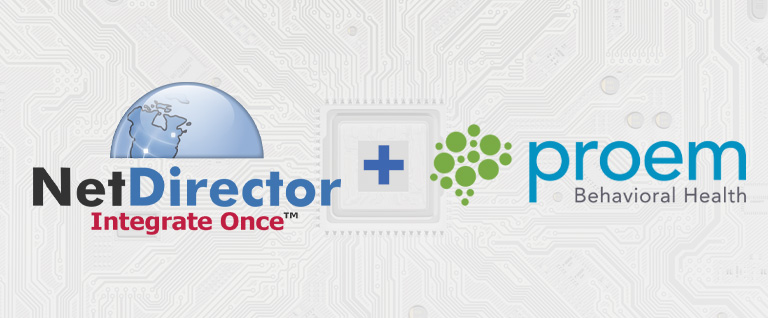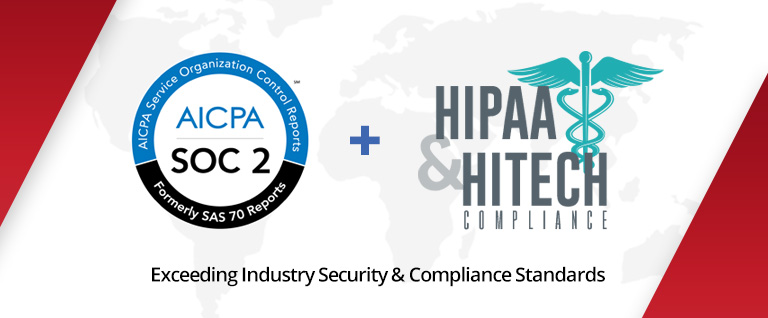Electronic health record (EHR) vendor eClinicalWorks (eCW) and several of its executives are on the hook for $155 million to resolve a False Claims Act lawsuit alleging that the company misrepresented the capabilities of its software. The U.S. Department of Justice announced the settlement on May 31.
Resolution of the case also required eCW to enter into a Corporate Integrity Agreement (CIA) with the Office of the Inspector General at the U.S. Department of Health and Human Services (HHS-OIG), which oversees “meaningful use” incentive payments to healthcare providers relating to their adoption and implementation of certified EHR technology.
According to the government, eCW concealed that its software was “hardcoded” to meet certification requirements for standardized drug codes instead of actually retrieving the proper drug codes from a complete database. Other cited faults in eCW’s software included:
- not having an audit log for accurate recording of user actions;
- not reliably recording diagnostic imaging orders;
- not reliably performing drug interaction checks; and
- failing to satisfy data portability requirements for transferring patient data from eCW’s system to other vendors’ software.
All told, because of the deficiencies, “eCW caused the submission of false claims for federal incentive payments based on the use of eCW’s software,” HHS-OIG charged. $125 million of the company’s fines will go to repay Medicare and Medicaid for incentive disbursements under their respective meaningful use programs. (eCW customers who successfully attested to meaningful use in good faith will not be linked in on the government repayments.)
Aside from the financial penalties, eCW’s CIA, which extends for five years, requires the company to retain an independent oversight organization to assess its software quality control systems, with semi-annual written reports to be filed with HHS-OIG. The CIA also mandates that eCW allow its customers to obtain free software updates; customers also have the option of transferring their data to another EHR vendor without penalties or service charges.
Industry fallout
eCW agreed to the settlement without acknowledging any wrongdoing. The company said it did so to avoid lengthy and costly litigation. eCW’s EHR system remains certified under the meaningful use program. Nonetheless, the underlying facts of the case appear to have cast a broad shadow across the health IT landscape.
A report compiled by market research firm Reaction Data after announcement of the settlement found 71 percent of respondents saying they would be extremely unlikely to consider eCW in the future. What’s more, 27 percent indicated that the case had lowered confidence in their current EHR vendor, and 35 percent reported being “significantly more suspicious” of other EHR vendors.
Healthcare attorney Bob Ramsey told Healthcare Informatics that the eCW allegations may be an extreme case, but added, “Interoperability and data portability is viewed as necessary in the health world, but it’s easier said than done.”
Peter DeVault, vice president of interoperability at EHR vendor Epic, recently noted that healthcare providers would be well served to rely less on EHR certifications moving forward and to concentrate more heavily on demonstrated benefits.
NetDirector’s vendor-neutral approach to data exchange elevates providers’ ability to achieve EHR interoperability while working toward meaningful use incentives. In an environment currently clouded by skepticism, the HealthData Exchange platform automates integrations in a manner that exceeds industry standards.
NetDirector CEO Harry Beisswenger puts the technology in perspective: “It’s important for us to aid healthcare providers and vendors in reaching meaningful use benchmarks because we know that ultimately impacts the level of patient care.”
For more information, please contact us or request a free demo.




